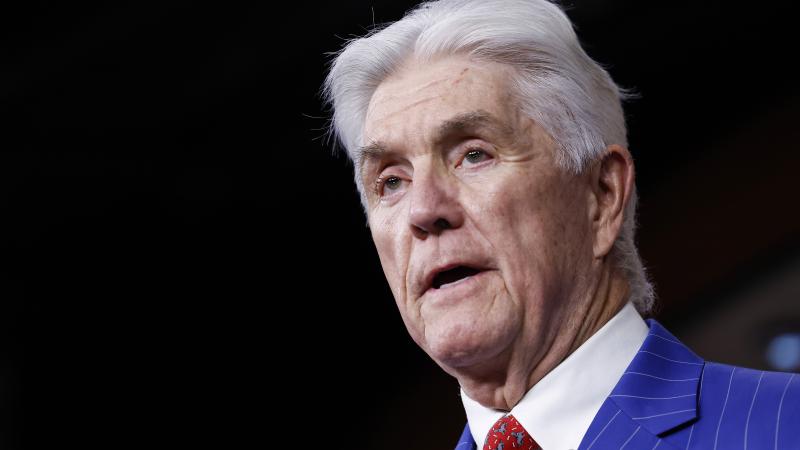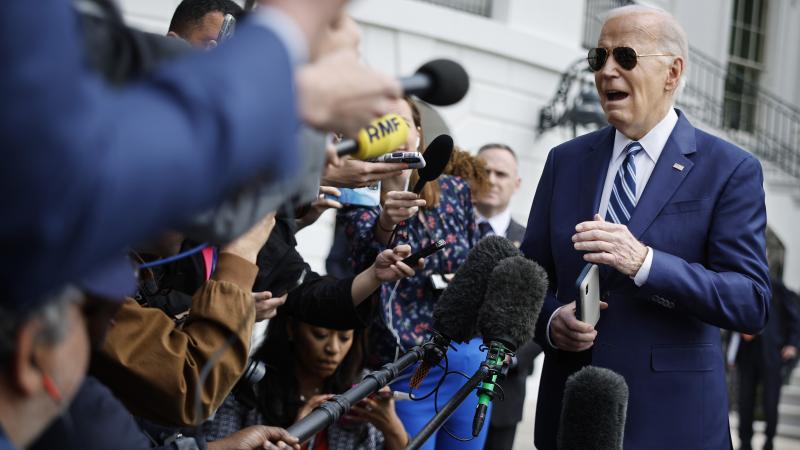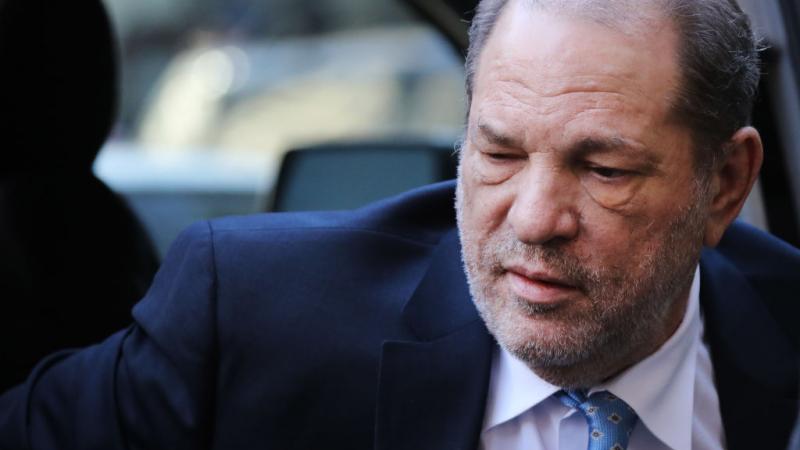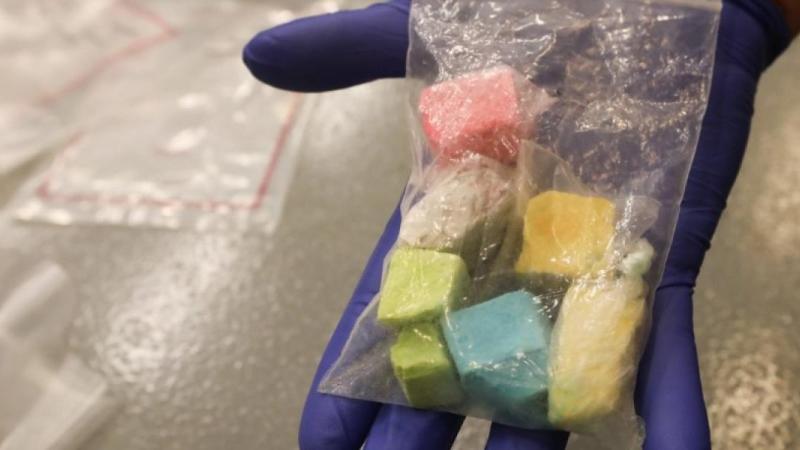Emails expose conflicts between Fauci's public and private pandemic advice
Celebrated doctor gave conflicting opinions on masks and other crucial pandemic issues.
Emails released this week from Dr. Anthony Fauci's inbox are exposing fresh examples of the conflicting advice in private and public that America's infectious disease chief gave on everything from masks to COVID-19's origins as the pandemic raged across the world.
Fauci was the public face of the U.S. government's response to the crisis starting early last year, when he was a regular fixture at then-President Donald Trump's daily coronavirus briefings. The doctor has headed the National Institute of Allergy and Infectious Diseases for several decades and has been well-known over that time for his media-friendly discourses on pressing disease issues such as AIDS and the Zika virus.
The thousands of pages of emails released this week, obtained by news and advocacy organizations, have offered detailed glimpses into Fauci's packed, hectic schedule in the earliest months of the pandemic last year, with the doctor juggling an ever-expanding roster of media appearances, consultations with other experts, and inquiries from average American citizens on the COVID epidemic.
The emails have also offered further examples of Fauci's already well-known tendency to offer seemingly conflicting advice on matters of critical public health, something the doctor's critics have been quick to accentuate.
In one email from mid-April of last year, for instance, Fauci told the dean of a South Carolina medical system that its hospitals could continue to employ a "voluntary" policy of face coverings. Just two weeks earlier he, like the CDC, urged Americans to regularly start wearing masks. But a month before that, Fauci had told 60 Minutes “there’s no reason to be walking around with a mask.”
The emails also show that several weeks earlier Fauci had told former Health and Human Services Secretary Sylvia Burwell that "the typical mask you buy in the drug store is not really effective in keeping out [the] virus, which is small enough to pass through the material."
Fauci's messaging on face masks has been among the more notable flip-flops the doctor has performed over the past year. At the outset of the pandemic he repeatedly and publicly discouraged Americans from wearing face masks, claiming they would not help to stop generalized transmission of the virus and should be reserved at all costs for healthcare employees working in more dangerous environments.
Starting in April Fauci's messaging on masks began to shift, with the doctor claiming that in the course of a few weeks new evidence had come to light supporting the use of face masks, including cloth masks, in the general population. "[W]e know that you don't need an N95 if you're an ordinary person in the street," he told the Street in June of last year. "We also know that simple cloth coverings that many people have can work as well as a mask in many cases."
Fauci has also explained his earlier discouragement of mask-wearing by claiming that he was hoping to steer consumers away from snatching up masks needed for healthcare workers at a time when masks—particularly high-quality N95 masks—were in short supply in the U.S.
Fauci's whiplash list of recommendations and explanations—that masks don't work, that they worked all along and the earlier denial was something akin to a noble lie on behalf of the healthcare industry -- has led to sharp criticism from commentators and others, though the doctor has stuck to his strong advocacy of masking since flipping on the issue last year.
"This could be a very severe season flu"
In a different email exchange in mid-February with New York University medical professor Jonathan LaPook, Fauci suggested that—with more data over time—the fatality risk of COVID-19 might be comparable to that of the influenza virus during a particularly nasty flu season.
"The currently reported mortality of COVID-19 is about 2%," Fauci wrote to LaPook. "However, there are severalfolds more cases than are coming to the official attention of health authorities, i.e. asymptomatic or minimally symptomatic infections. If you count these, the denominator gets much larger and the case fatality rate could drop to 1% [or] even 0.5% or less."
"If that is the case, then this could be a very severe seasonal flu (0.2% to 0.4%; regular seasonal flu is 0.1%) or a typical pandemic like 1957 or 1968 (0.5% - 0.9%)," he continued. Fauci would later echo those estimates in a paper published in the New England Journal of Medicine in late March.
By May of last year, major health authorities were already estimating that COVID-19 might have a fatality rate as low as 0.2%; similarly low fatality rates have been proposed from multiple studies in the year since. Fauci, however, has largely maintained his original messaging on the danger of the virus, calling it a "false narrative to take comfort in a lower rate of [COVID] death."
Outside of the emails, Fauci has been known to whipsaw back and forth on other critical health matters. In September, for instance, he backpedaled on a promising COVID-19 immunity theory he had previously championed while under terse questioning from Kentucky Sen. Rand Paul during a Senate hearing.
The doctor in December also admitted to having adjusted his public estimates of the herd-immunity threshold for COVID-19 vaccinations when a growing number of Americans signaled their intent to acquire the shots.
Fauci over the past year also went back and forth on the issue of school closures: In November he argued the risk of COVID-19 spread among children was low enough that reopening schools should be a priority, yet by February—under a new Democratic White House and a one-vote Democratic majority in the U.S. Senate—Fauci had shifted his position, claiming that the U.S. needed to pass a $1.9 trillion funding package in order to give schools the necessary "resources" to open.
Fauci did not respond to requests for comment on his various shifts and reversals on COVID-19 matters over the past year.
But his critics this week have seized on the emails' new revelations. Republicans on the House Judiciary Committee on Thursday tweeted out a photo of Fauci last year at a baseball game with his mask off. "We should have known then. He wasn't wearing a mask. But told us to! #FauciGate," they wrote.
President Biden, meanwhile, defended Fauci on Friday, saying he had continued confidence in the infectious disease chief.
















